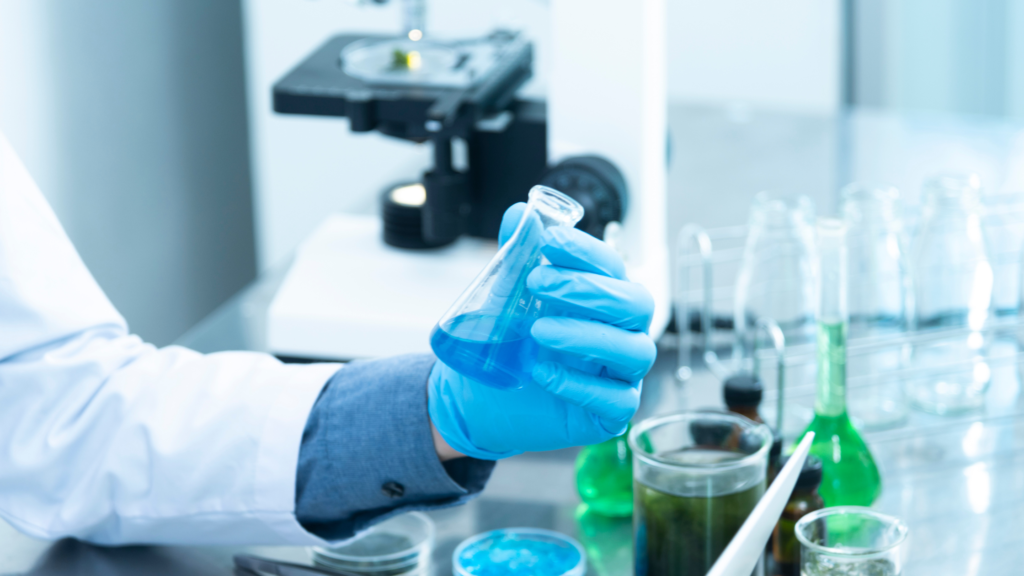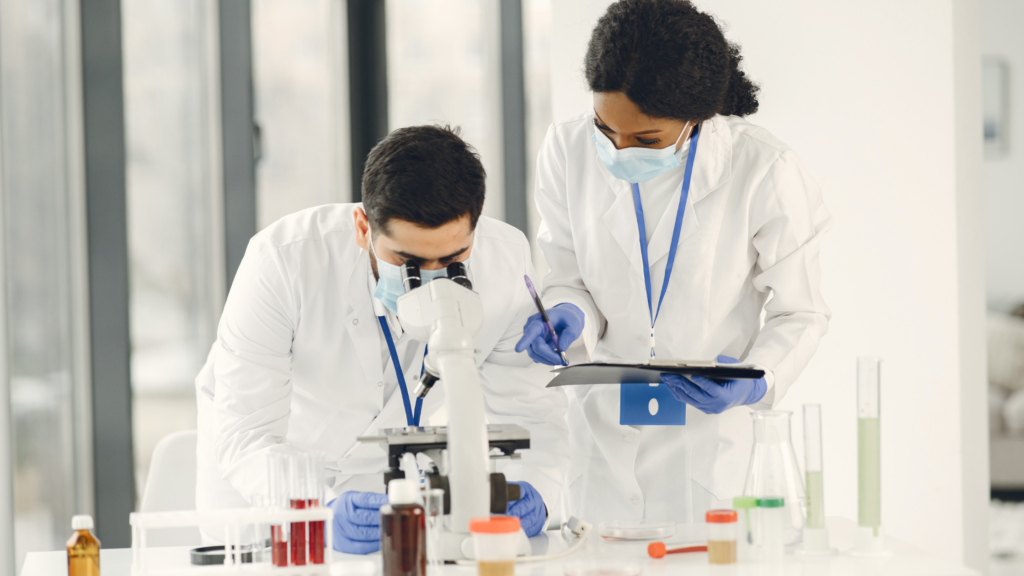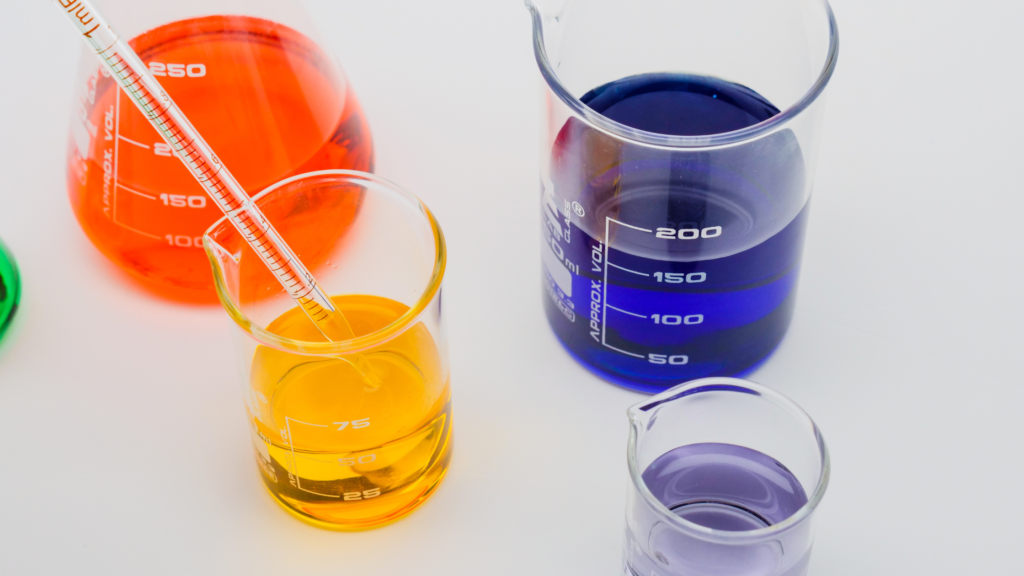Biochemistry, the study of chemical processes and substances that occur within living organisms, is a captivating field that bridges the gap between biology and chemistry. In this comprehensive guide, we’ll delve into the intricacies of biochemistry, from its fundamental principles to its diverse applications in modern science and medicine.
Table of Contents

Introduction to Biochemistry
Importance of Biochemistry in Modern Science Biochemistry is pivotal in enhancing our comprehension of life’s intricacies on the molecular scale. By deciphering the chemical reactions and structures within cells, biochemists unravel the mysteries of biological processes, paving the way for breakthroughs in medicine, agriculture, and biotechnology.
Overview of Key Concepts and Areas of Study Biochemistry encompasses a wide range of topics, including the structure and function of biomolecules, cellular metabolism, genetic information flow, and the biochemical basis of diseases. By studying these fundamental principles, researchers gain insights into the inner workings of living organisms and the mechanisms underlying health and disease.
Basic Principles of Biochemistr
Essential components of life include carbohydrates, lipids, proteins, and nucleic acids. At the core of biochemistry are the four major classes of biomolecules: carbohydrates, lipids, proteins, and nucleic acids. These molecules serve as the building blocks of life, participating in essential processes such as energy storage, cellular signaling, and genetic information transfer.

Chemical Bonds and Reactions in Biological Systems
Understanding the chemical bonds and reactions that occur within biological systems is fundamental to grasping the principles of biochemistry. From covalent bonds holding atoms together within molecules to enzymatic catalysis driving biochemical transformations, these concepts form the basis of life’s molecular machinery.
Cellular Structure and Function Organelles and Their Roles Cells, the basic units of life, are highly organized structures containing specialized compartments called organelles. Each organelle performs specific functions essential for cellular survival and homeostasis, such as energy production, protein synthesis, and waste disposal.
Cellular Processes: Metabolism, Energy Production, and Signaling Pathways Metabolism, the sum of all biochemical reactions occurring within a cell, is central to cellular function. Through intricate metabolic pathways, cells extract energy from nutrients, synthesize biomolecules, and regulate their internal environment to maintain physiological balance.

Genetics and Molecular Biology
DNA Structure and Replication Deoxyribonucleic acid (DNA) serves as the hereditary material in all living organisms, encoding the genetic instructions necessary for growth, development, and reproduction. Understanding the structure of DNA and the mechanisms underlying its replication is fundamental to unraveling the secrets of inheritance and genetic diversity.
Gene Expression and Regulation
Gene expression, the process by which genetic information is transcribed into RNA and translated into proteins, is tightly regulated to ensure proper cellular function. Molecular mechanisms controlling gene expression play a critical role in developmental processes, cellular differentiation, and response to environmental cues.
Enzymes and Enzyme Kinetics
Role of Enzymes in Biochemical Reactions Enzymes are biological catalysts that accelerate chemical reactions by lowering the activation energy required for reaction…


Can you be more specific about the content of your article? After reading it, I still have some doubts. Hope you can help me. https://accounts.binance.com/sl/register?ref=PORL8W0Z
Your article helped me a lot, is there any more related content? Thanks!
Your article helped me a lot, is there any more related content? Thanks!
Your point of view caught my eye and was very interesting. Thanks. I have a question for you.